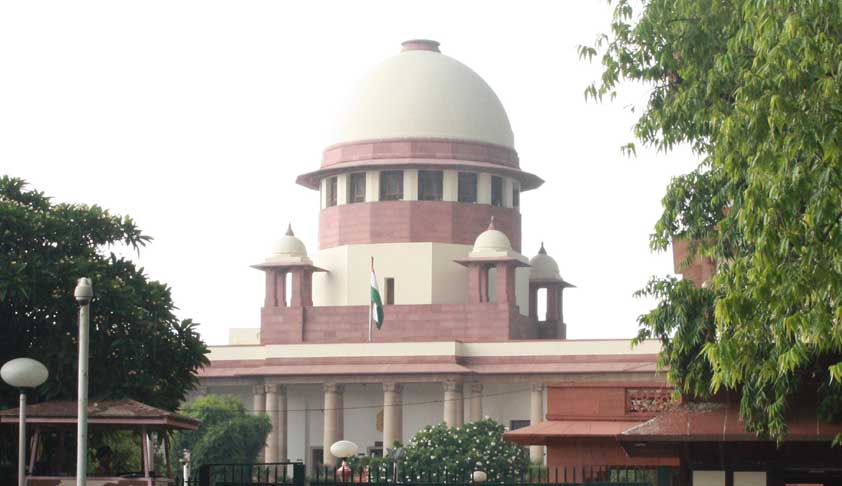Accused cannot be told who the whistle blower is, rules SC
LIVELAW NEWS NETWORK
24 Aug 2013 9:41 AM IST

Next Story
24 Aug 2013 9:41 AM IST
The Apex Court has ruled that identity of persons who tip off anti-corruption agencies about corrupt deals of bureaucrats cannot be revealed to the accused facing prosecution under Prevention of Corruption Act.The verdict has come in a matter of the Anti-Corruption Bureau of Maharashtra which investigated a case of disproportionate assets against a public servant on the basis of a complaint...
